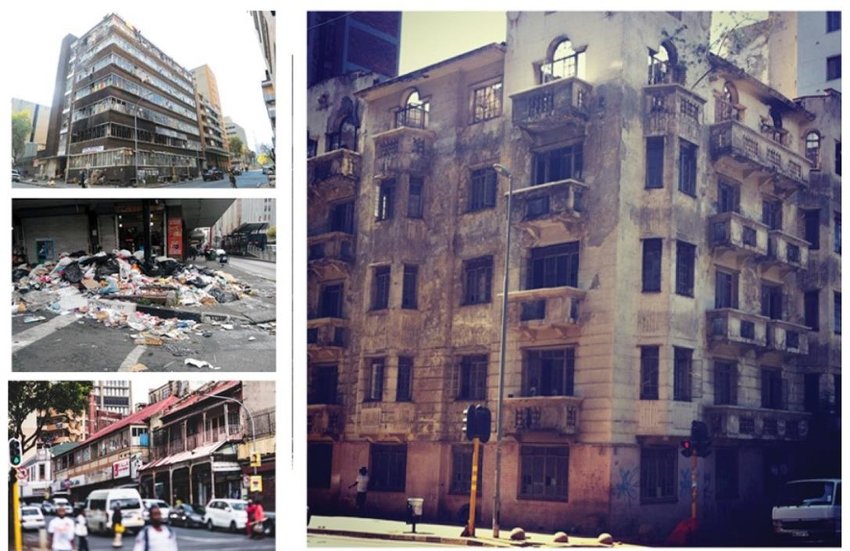When looking at the state of infrastructure in and around Johannesburg, one can immediately see that something is off, and I am not just talking about loadshedding.
Overwhelming filth just lying in the streets and the dilapidated condition of this once beautiful city. There is a feeling you get from the moment you get out of a taxi, urging you to be on your guard at all times. In talking to some of the locals, it has become clear that this was a common feeling.
In our short interviews, we asked the willing interviewees just eight simple questions about the feeling of unease felt when Johannesburg. The questions ranged from how they felt about living in a city in this condition, to what they think could be done to improve the condition of the areas. Specifically, the questions were:
- How has the state of this infrastructure affected you, personally?
- Do you think the infrastructure is being used for its intended uses?
- What can you say about your experience involving the city, environment, streets, buildings, water, the infrastructure?
- What do you think can be done to improve this? How?
- What are the root causes behind these issues?
- How do you think these foul roots managed to grip the city to get it to this state?
- Who do you think is responsible for these roots?
Whose responsibility do you think it is to fix these issues? How?
All the interviewees began by saying that they had a bad experience living in the city- “Bad, bad,” was how one man put it. Coincidentally, these types of responses were quickly followed by mention of the government, blaming them for these unpleasant experiences.
The majority of the people interviewed said that the buildings and other infrastructure seemed not to be used correctly for their intended uses. They blamed a weak government, an influx of illegal foreigners, and a lack of effort to improve and maintain buildings by the owners.
However, despite the unlimited contributors to blame for the city’s many challenges, participants also mentioned that we are all responsible for the situations we find ourselves and the city in.
One foreign national even went on to call Johannesburg home, saying even if he goes back to his country of origin, he would only be going to visit. “Jo’burg is now the place I call home.”
When we asked him whether he would join if a small advert was placed in a newspaper calling people to help clean the city one Saturday. He nodded and agreed with the speed and certainty of a true citizen.
Another interviewee, a lady, mentioned that people could be hired to clean these buildings. This could be for painting the walls, fixing the damaged windows, fixing roads and water pipes.
All in order to raise employment, reduce crime and homelessness, and raise the potential of tourists coming into the city to explore the changes.
Other interviewees went on to explain that, until this envisioned, prosperous Johannesburg is a reality, they would appreciate an improved police or security presence around the city to keep them safe when walking down the streets, coming to and from work.
Although we were joking and laughing by the end of our interviews. Our interviewees stated that they initially felt vulnerable, suspicious and unsafe when my colleague and I approached them at the beginning. They seemed to believe that we were some of the good characters hidden in the veil of the negative narrative, which is constantly reported about this city. If this is just Johannesburg, one can only wonder what the rest of South Africa entails.
This article is an opinion piece submitted on 21 August 2023. The views expressed by the author do not necessarily reflect those of Karibu! Online or Khanya College. You may republish this article, so long as you credit the authors and Karibu! Online (www.Karibu.org.za), and do not change the text. Please include a link back to the original article.


 Download PDF
Download PDF
